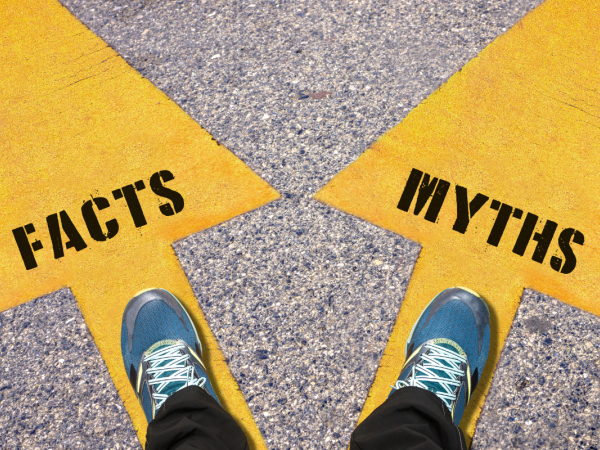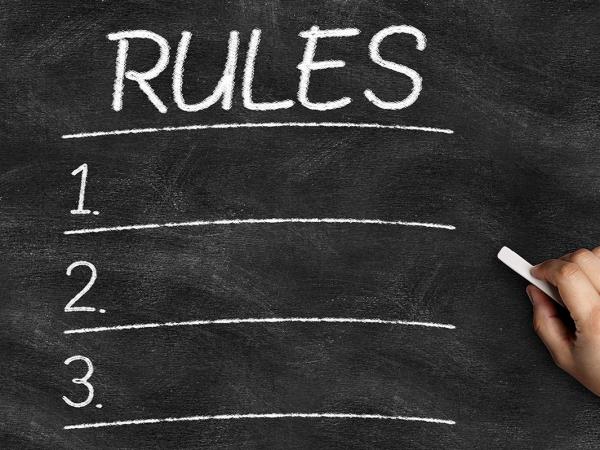Online traders and using platforms
The cost-of-living crisis and growth in the gig economy has seen an explosion of suggestions as to how to make some extra money online to help make ends meet. But the tax consequences often get little or no mention. You must be on top of your taxes from the start, so that you don’t accidentally miss an important deadline or make a mistake.

Content on this page:
Starting a side hustle
You may be able to earn some extra income by starting a side hustle. Examples include:
- Becoming a delivery rider or driver.
- Offering casual services locally – such as ironing, sewing, cake baking, flower arranging, dog walking or babysitting.
- Freelancing – can you do marketing, writing, translating, or tutoring? There are plenty of ways to share your skills these days, particularly via online platforms.
Our Gig economy page covers the main things you need to know, whether you are doing this type of work as your main activity or fitting it in around other work.
If you are making income from your social media presence, such as creating YouTube videos, starting a blog or becoming an online influencer, then see our page on social media influencers.
Selling items
If you are selling things – for example, on eBay, Vinted, Etsy, or a local online platform (or even in a car boot sale or other offline marketplaces) – in most cases, there won’t be any tax consequences to worry about. This also applies if you are recycling old mobile phones, laptops and other unused devices, through trade-in sites.
You may have recently read or heard about some supposedly new tax-reporting rules for people selling items using online platforms. There has been some misreporting about these new rules (which apply to digital platforms only), so please note that the tax rules for individuals using online platforms to sell items and/or services have not changed and are explained below. You can read about the new digital reporting rules for platforms on our OECD rules page.
The key consideration for tax purposes is whether you:
- regularly sell things you have bought or made specifically to sell on, or
- whether you occasionally sell things you do not need any more or because you want to clear some space.
If your activity falls under the first point above, then HMRC will likely consider that you are trading and you should complete a tax return like any other individual who is self-employed (unless your gross income (before expenses) is £1,000 or less in the tax year, in which case you may not need to complete a tax return due to the trading allowance ).
This might apply to those selling vintage clothes or arts and crafts, for example.
Even if your online selling does not amount to trading (so falls under the second point above), you may be subject to capital gains tax. Most sales of personal items will be exempt from capital gains tax, but some items (such as antiques, jewellery and paintings) could result in a charge if they are sold for more than £6,000. There is a basic guide to capital gains tax on our website.
Renting out things you own
We also publish guidance which covers the following (sometimes called the sharing economy):
- Renting out a room in your home: if you take in a lodger, the income you make may be covered by the rent-a-room exemption.
- Renting out your parking space or other land or property: you may be able to use the property allowance and not pay tax or report anything at all to HMRC.
- Renting out other things that you own, such as power tools or garden equipment: the trading allowance can cover miscellaneous income received from renting out personal equipment.
Making money online
There are many ways to make money online in this growing sector. Examples include:
- Answering surveys or testing products for research companies. You can earn cash, vouchers and rewards for giving honest feedback.
- Watching videos or playing games – some businesses pay people to watch adverts and videos hoping they will go viral or that the viewer will engage with other content.
- Other ‘click’ work – you can get paid on a weekly or monthly basis for doing other types of online work in your spare time.
This type of activity is unlikely to amount to ‘trading’ and so wouldn’t be classed as self-employment income. However, it may be taxable miscellaneous income. As the amounts you can make tend to be quite small, the income may be covered by the trading allowance. There is information on our Trading Allowance page, which also includes examples of the position if you have more than one source of trading, casual or miscellaneous income.
Other ways of earning income
This is not an exhaustive list, but other ways of earning money using online platforms include:
- Cashbacks when online shopping: usually these are seen as a discount on the goods/services purchased rather than an income. So they shouldn’t be taxable unless they meet the criteria to be an annual payment (which can be applicable even if paid more than annually!).
- Cryptocurrencies – our dedicated page, cryptoassets and tax, covers the tax consequences whether you make or lose money.
Also, you can earn extra cash by taking a second job. Our multiple jobs page tells you everything you need to know from a tax, National Insurance and benefits perspective about taking a second or additional job.
Benefits
Earning extra money from any of the activities listed on this page might affect any benefits you receive. If you receive any means-tested benefits or benefits that can be affected by earnings, you should contact the relevant government department or your local authority. They will be able to tell you how it affects your benefits.
More information
HMRC have developed a page of guidance for online sellers (which includes those in the gig economy), which has some examples of when someone is trading.



